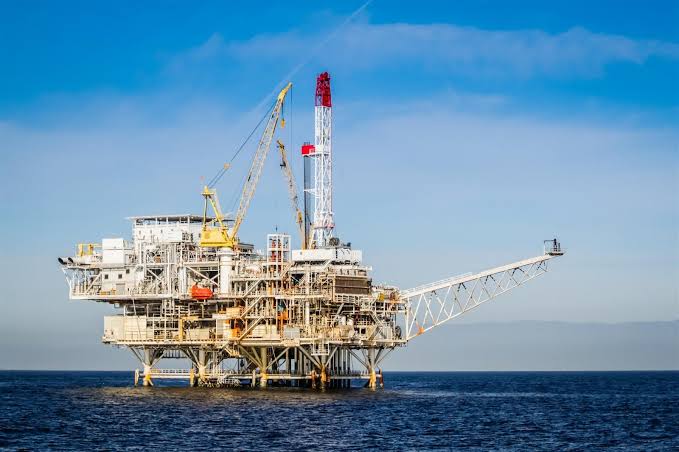According to data released by the Nigerian Upstream Petroleum Regulatory Commission (NUPRC), the country now produces crude oil from over 246 fields across the country and operates 188 production stations.
The document from the agency which revealed the data read thus: “Since 1956, the Nigerian upstream oil and gas landscape has grown with the development and installation of several oil and gas facilities.
“With over 246 producing fields, 2,777 producing strings, 188 production stations/platforms, four gas terminals, five land terminals, 11 FSOs (Floating Storage and Offloading Units), 18 FPSOs (Floating Production Storage and Offloading), and several other facilities at various stages of development, Nigeria is poised to boost production and enhance energy security.”
“Although the actual national production currently averages 1.33 million barrels of oil per day and 256,000 barrels of condensate per day, the national technical production potential currently stands at 2.26 million bpd, while the current OPEC quota is 1.5 million bpd.
“Closing the gap between the actual oil production and the technical potential presents a significant opportunity for Nigeria to unlock additional revenue streams, address the current foreign exchange gap and strengthen her economic resilience.
“Enhanced security for oil and gas infrastructure and transportation facilities is a fundamental component of achieving this goal,” stated the agency.
“Such integrated strategy would recognise the interconnectedness of various aspects of the energy value chain and emphasise the need for collaboration among government agencies, security forces, industry stakeholders, and international partners to implement targeted strategies and initiatives.
“The various aspects include investment in new infrastructure projects, maintenance of existing assets, development and deployment of modern technologies, investments in pipelines, virtual pipelines, ports, railroads, and highways to facilitate the transportation of energy resources.
“It also includes implementing comprehensive security measures to safeguard energy infrastructure and assets from threats such as vandalism, theft, sabotage, and cyber attacks.
“The approach also requires the establishment of clear policy frameworks and regulatory mechanisms to support investment, promote competition, and ensure transparency and accountability within the energy sector.”
Earlier, figures released by OPEC revealed that the country’s oil rigs increased from 15 in January to 16 in February, which industry stakeholders described as important for the production of crude.
It also showed that the country operated an average of 13, 16 and 14 oil rigs in the second, third and fourth quarters of 2023, respectively.
Join our WhatsApp community via https://goquick.ly/cj8q2 for instant and latest news updates.


